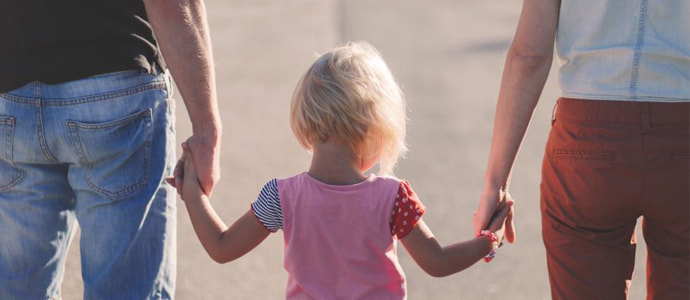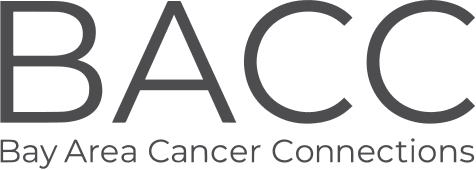
There’s not much that can rock one’s world like a cancer diagnosis; diagnosed with breast cancer a few months after the birth of my daughter, what was the most joyful time in my life suddenly became the scariest. Instead of worrying about what type of dye-free, biodegradable diapers I should purchase, I was consumed with the fear that I would not live to see my beautiful baby girl, Penelope, whom I’d only just started to know, grow up.
Despite my misfortune at being a young woman diagnosed with invasive breast cancer, I immediately recognized that my infant daughter was too young to understand, let alone notice, everything that was about to happen as I embarked upon my aggressive treatment plan. Not a day went by when I wasn’t grateful for Penelope’s ability to comfort me while being blissfully unaware of my amputated breasts and bald head.
But not every parent is as lucky as I am. During treatment, I met other young mothers and we routinely talked about the challenges of motherhood as a member of “The Cancer Club.” A woman who had just started chemo and whose hair had recently fallen out shared, “When my daughter saw me without my hair, she said, ‘Why did you do that, Mommy? You look ugly!’” The woman began to cry. I asked if she’d explained to her 8-year-old daughter that her baldness was a sign of her strength, or if she’d invited her daughter to caress her head and marvel at its smoothness. The answer was an unequivocal no.
Curious, I started talking to other women who were in various phases of treatment, and the story was often the same: no one knew how to talk about cancer with their young children, so they just didn’t. Wigs were worn to hide bald heads, stories were devised to mask chemo fatigue, and routine trips to the hospital for infusions were excuses for little ones to spend weekends with grandparents.
As an educator, I know from my years teaching elementary school that children are smarter and more perceptive than we tend to acknowledge. I also believe, based on my years working with children, that parents can demystify cancer for their kids by adhering to a few simple guidelines:
-Speak in simple, concrete terms about your treatment and recovery.
-Remain calm and optimistic (keep your Ativan stash handy and use it if you need it).
-Avoid specifics, as these will likely be confusing; children don’t need to know the name of your chemotherapy drugs or how many infusions you will have.
-Convey that you understand your situation, you have a plan for how to get better, and even though you’re sick, you’re still their mom and you’ve got this.
The guidelines look great on paper, but I know they’re easier said than done—cancer is complicated, terrifying, exhausting, and emotionally fraught. So I set out to create a resource for mothers that embodies these guidelines. The result is a picture book called Cancer Hates Kisses and it helps communicate to children what’s happening to mama, what she’s doing about it, and how her kids will help her heal.
If you incorporate these guidelines into your parenting or read Cancer Hates Kisses as a family, don’t be surprised if your children act like your cancer is no big deal. It doesn’t mean they don’t love you; it means you’ve done a good job sharing what’s going on while also conveying you’ve got this.
About Me
Jessica is a breast cancer survivor, the author of Cancer Hates Kisses, and the National Field Leader for Literacy at Open Up Resources, an education not-for-profit. She was formerly an elementary school teacher, district literacy coach, and Chief Academic Officer at an award-winning literacy company.

